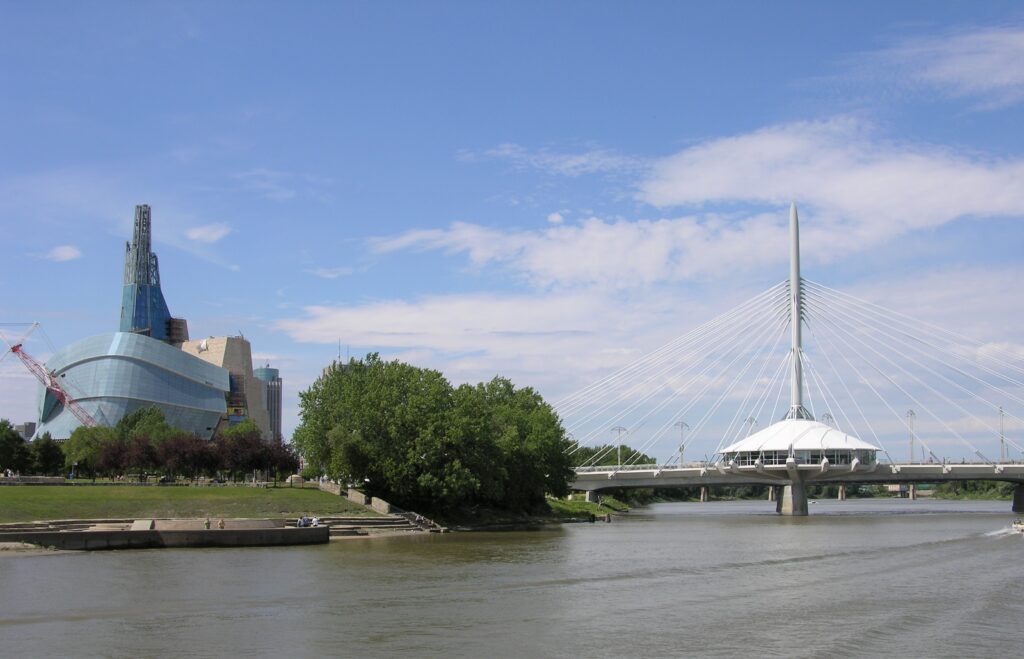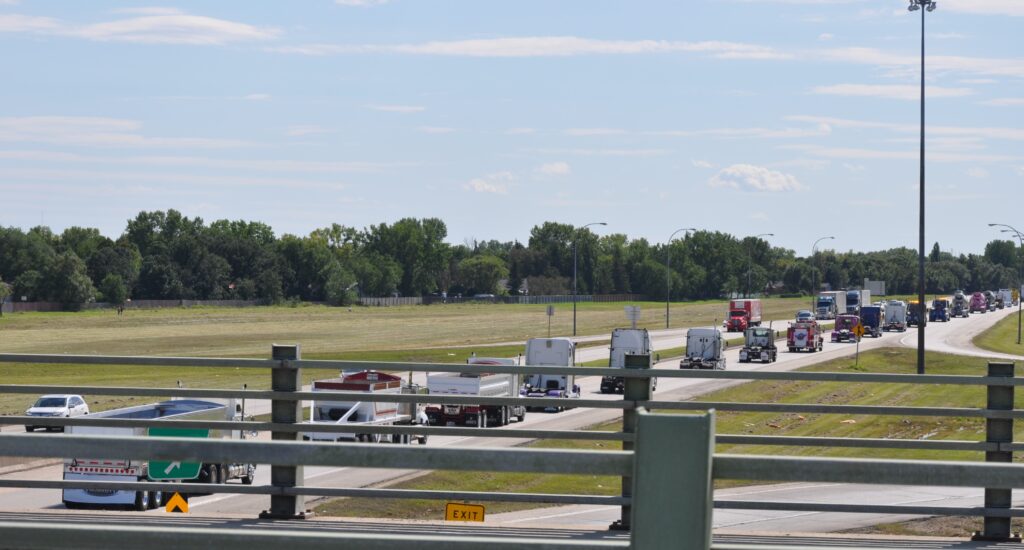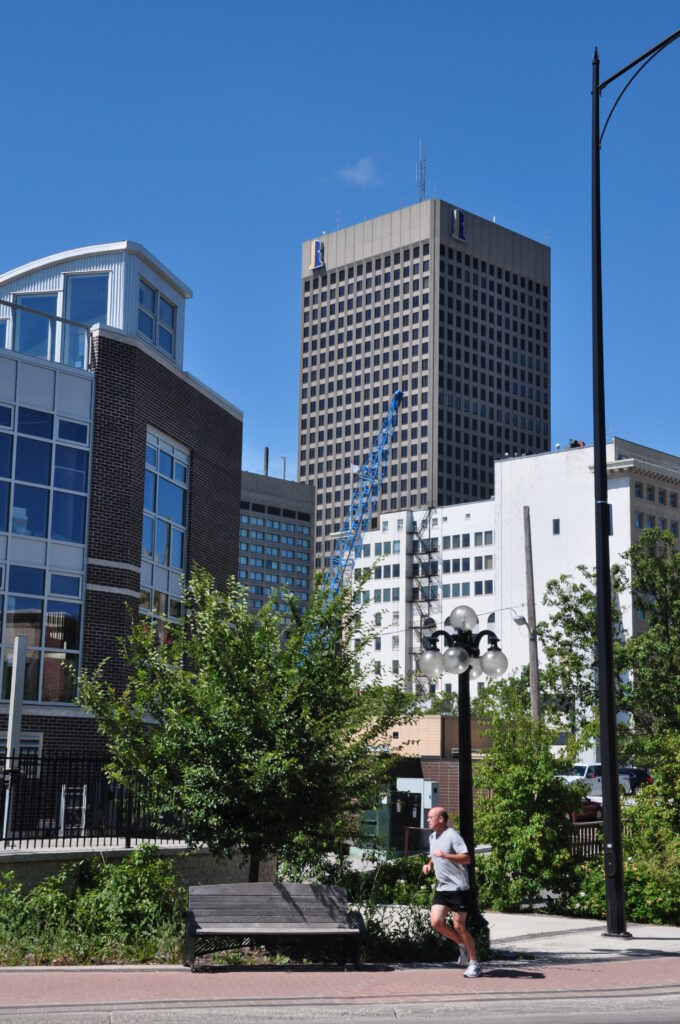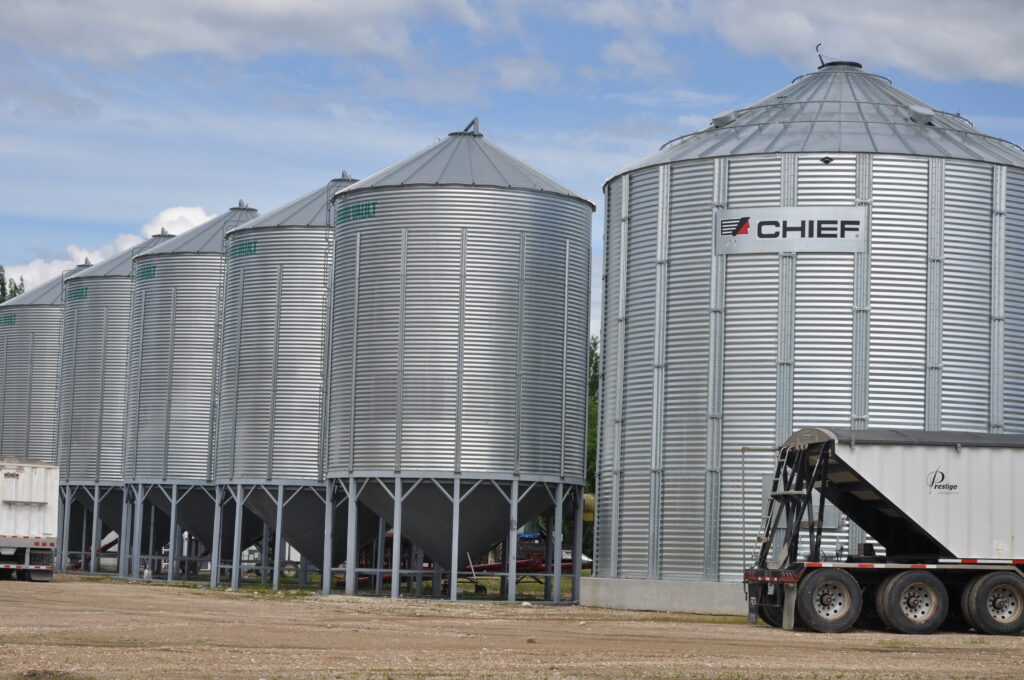
By Dorothy Dobbie
When you ask Premier Heather Stefanson about her vision for the future of Manitoba, her eyes take on far seeing look reflecting a world of possibility. She has a remarkably mature outlook on our province, and she is focused on its strengths, while understanding its weaknesses.
“We need to grow our economy,” she says, going straight to the heart of the matter. “A growing economy is what will pay for and expand the services our citizens enjoy. We cannot grow by endlessly raising taxes.”
She has assessed where we are after years of a government that was preoccupied with wealth redistribution instead of wealth creation. It is clear to her that it is time to regroup. So many institutions are no longer working as they should. Crown corporations created to manage critical services are failing. Without the discipline of the marketplace to keep them in check, the crowns have become bloated and ineffective.
The Premier has reflected on where we could be given our strengths: our rich geography as the centre of North America and the resources we have in our land and in the creative genius and energy of our people.
She recognizes the worst things of the past, but also the best things and she thinks about how they can be turned into better things for tomorrow. She does not discount past errors of racially biased decisions which have kept Indigenous people from reaching their potential. She accepts them and wants, instead, to move forward to unite all the wonderful diversity of our population. She considers how this enriches our opportunities if we work together. When she says “together”, she doesn’t just mean within our own provincial boundaries. As the President of the Council of the Federation, she is keenly aware of the areas where we need to work with other provinces and with the federal government to reach our full potential.

“I see how Manitoba is strategically placed geographically,” she says. “We have been, and we can be again, the trade and transportation corridor from East to West and South to North and beyond that to markets around the world through our tidewater access.” Manitoba’s transportation network was one of the first things she set into action 20 months ago when she took over as premier.
Asked about methods such as Dr. Barry Prentice’s Airship her response was, “I am open to looking at all methods.” That is the refreshing thing about this premier. She has an open and curious mind. She does not limit possibility by sticking to prior premises.
The Premier sees Manitoba’s significance in protecting our northern borders. “Arctic sovereignty must be on the agenda for all of Canada, not just for Nunavut and the Yukon,” she says. The more activity there, the better, and we can contribute. Manitoba was always the key a supplier to the north. Using the current and planned rail lines will enhance our strategic advantage.

Manitoba has a strong history of manufacturing capability, grown out of necessity and early isolation. We learned early to be resourceful. And, the premier points out, “We have an advantage due to our clean, green hydro electric energy.”
She pauses. “I have had companies coming to us in a steady stream over the past year,” she says. “They are looking to locate in Manitoba, to grow their businesses here, not just in the mining sector, but in manufacturing. The Europeans are again looking to Manitoba as a reliable supplier of goods. They are impressed by our stable and skilled workforce.”
To keep investors interested, she and her ministers have been focused on breaking down regulatory barriers so that business can get done. But, she says, in some instances this has to be a national pursuit so that business can work seamlessly over provincial boundaries. “We need to look at the labour market as a national challenge,’” she says. “Nobody wins when we are competing with each other to attract workers. We should have a national immigration recruitment strategy that allows provinces to fill in the gaps where most needed.” This is especially important in the health care field. “We need to set some common goals.” She adds that these issues are on the radar of all the provincial leaders.

Nor is the future only about new and renewed initiatives. While being open to all these novel ideas, she has been encouraging the growth of the agricultural sector, the economic bedrock of the province. “We have been attracting interest from companies worldwide. There are some exciting initiatives such as the production of sustainable aviation fuel using biofuels such as soy and canola.” Azure Sustainable Fuels Corp. plans to build a $1.9 BILLION processing plant near Portage. A small federal-provincial partnership funding arrangement helped seal the deal. Apparently, the fuel will reduce greenhouse gas emissions by 2.5 million tonnes a year while producing 150 jobs and making a half billion dollar a year contribution to the local economy.
“It is important that we don’t just ship our grain or beef or pork,” said the Premier,” without any value-added processing. This is about jobs for the future.”

She adds that the private sector unions are on side with the government's plans for development in all sectors. So are many Indigenous communities who are excited about being able to share in the prosperity of the province as supported by the premier. She is fierce about their right to participate fully.
At one time, Manitoba was the leader of the financial industry in western Canada. Those firms began walking when the NDP took over. “It is great to see the insurance and financial sectors taking hold again,” she said. “It is good to see them growing here again – there was so much slippage and loss to our community under the NDP.”
There is excitement about the industry as reported by one operator who moved here from Alberta and says he would never go back, and another who moved from Toronto and was pleased to learn that he would save $200,000 on the sale of his Toronto home in Ontario taxes that don’t apply in Manitoba. “Insurance is Manitoba’s number one industry,” he claimed with a big grin. “I am happy here with a nice house and a growing business and hope for my kids.”

“I confess that I am not very up to speed on the Tech sector,” said the premier, “but I am learning. I recently had an opportunity to visit some of the operations in the Exchange. It was amazing to see these vibrant businesses filled with young people in those hundred-year-old buildings. Young people are flocking here for these challenges and our kids are coming back.
“That’s another reason it is so important to support our arts community. Having an engaged and active entertainment industry provides things for young people to do but it is also important to the quality of life for all Manitobans.”
Asked about her competitor, she said, “Wab is a very bright guy, but he does not have the experience or the team to take advantage of the business opportunities or to even know what they are. We recognize that the number one thing has to be to grow the economy, but the NDP does not know how even if they had the inclination.”
(And one wonders how Mr. Kinew would walk back on his signature on the Leap Manifesto which shuts down mines and port development. Even though the NDP have tried to remove his signature from the Internet, it is still out there, and it is his word.)
But the Premier does not dwell on this. She is more interested in moving forward in a world where there is strong fiscal management, opportunities, and acceptance for all people for who they are, not what they are . . . and the joy of working for your dreams just because you can!


